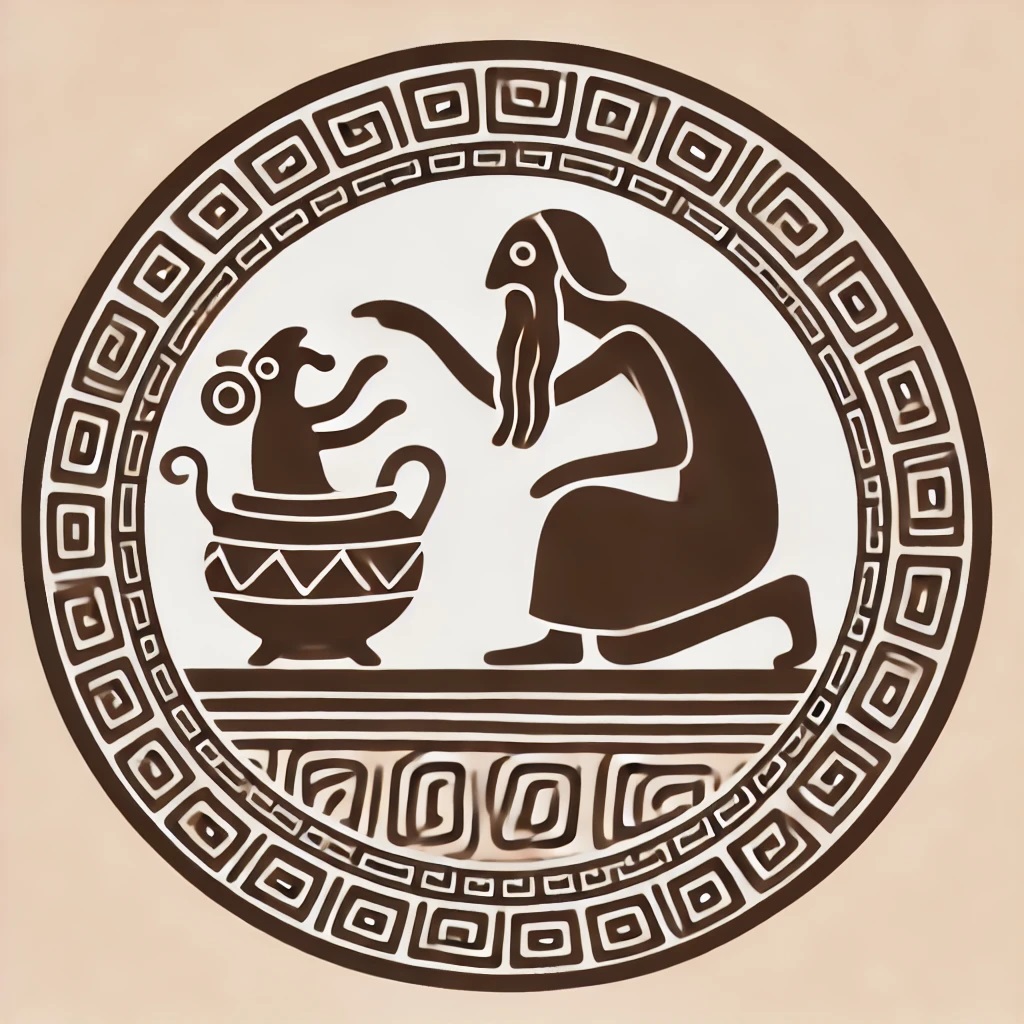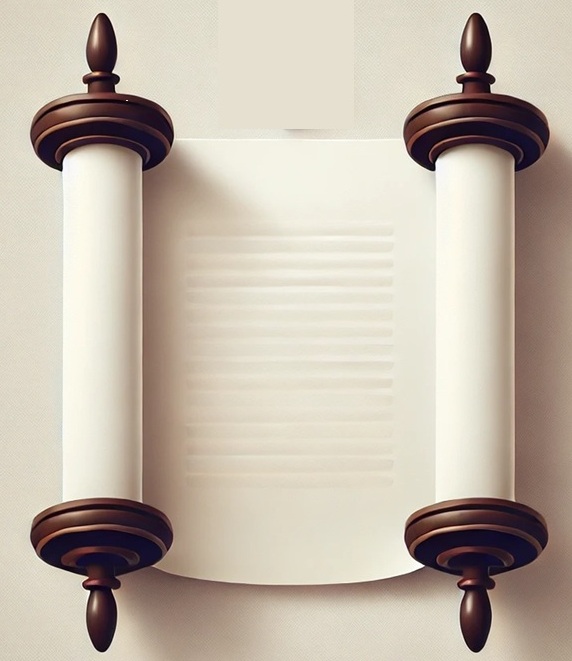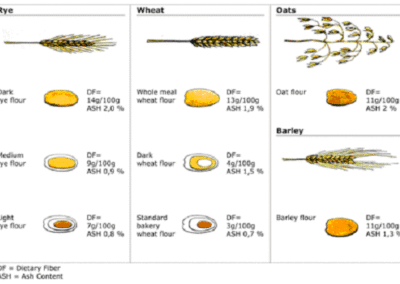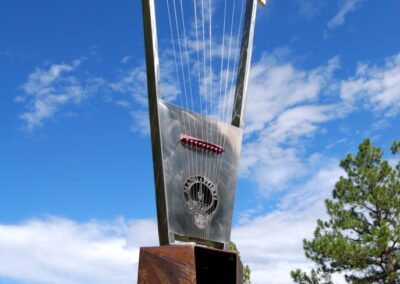Jewish Myths
Myth: Hebrew Words Translate Neatly Into English
The dangers of mistranslating Hebrew words into convenient or modern terms
Sometimes, people take Hebrew words and assign them modern equivalents simply because they sound close or feel appropriate — not because there’s any reliable source or consistency behind it. This myth page tackles two common examples: one in halacha (Oats as one of the five grains) and one in Tanach (King David’s Kinor as a harp). In both cases, the modern assumption is likely incorrect — and it’s based on nothing more than wishful translation.

The Myths
- Myth: Shibolet Shu’al Means Oats
This one is everywhere — ask almost anyone to name the five grains, and “oats” is one of them. Why? Because someone found a Rashi that says Shibolet Shu’al — Oats Bela”z. That sealed the deal. But there’s a big problem: Rashi wasn’t speaking English — he was speaking Old French. And the Old French word “oats” doesn’t necessarily mean the same species we now call “oats.”
- Myth: King David’s Kinor Was a Traditional Harp
You’ll hear it said all the time — “David played the harp.” It even appears in religious books and children’s stories. But this, again, is just a guess. The word Kinor is often translated as “harp” because harps are elegant, ancient, and well-known. But the Gemara paints a very different picture.
The Reality
Oats: From a halachic perspective, the Mishnah states clearly that the five grains are made up of two types of wheat and three types of barley. That leaves no biological room for oats, because oats are neither wheat nor barley. And if you Google it or visit our FAQ, you’ll see that oats is completely different from wheat and barley. The plant structure, the head, the shape, the DNA — all different. You can’t wedge oats into the halachic list just because the name “sounds good,” and because you can’t think of another grain to replace it with.
So why do people think it’s oats? Possibly because the real identity of Shibolet Shu’al has been lost over time — and people needed a fifth grain, so they picked something. But halachically and scientifically, oats do not belong on the list.
Kinor: The Talmud describes King David hanging his kinor on the window, where the wind would blow into its blowhole at night to produce a sound that woke him up. It was basically his alarm clock. It also says in other places, that the kinor had strings, so we’re talking about a stringed wind instrument — a type of instrument we don’t have today, at least not commonly. A harp has no blowhole, so calling it a harp just because it sounds poetic is misleading.
I once saw a museum piece that fits the Gemara’s description — strings and a blowhole — but I won’t claim that’s the real Kinor, but it’s a better option. I just know it wasn’t a traditional harp. There is a wind harp also known as an aeolian harp, which is a stringed instrument that produces sound when moved by the wind. It’s essentially a wooden box with strings stretched across it, and the wind causes the strings to vibrate and create music. However, it isn’t likely to be the Kinor, since historically it was not found in that region.

More Examples: Words That Don’t Mean What You Think
These two examples are just the tip of the iceberg. There are many Hebrew words that have been mistranslated or oversimplified over time. Just a few more:
- Lechem doesn’t mean “bread.” It refers broadly to food — it could be bread, but not always.
- Kinim doesn’t necessarily mean lice. It might mean mites, fleas, or any tiny insect — the identification is not exact.
- And the list goes on.
The Lesson
We must stop assuming that every Hebrew word has a neat one-word English equivalent. The Torah wasn’t written in modern Western terms — and we lose a lot when we pretend that it was.
Bottom line: Just because a translation sounds good doesn’t make it true. You can’t rely on modern assumptions or borrowed terms to define Torah concepts. We need precision — not poetic guesswork. See our FAQ page for more on this and similar topics.



